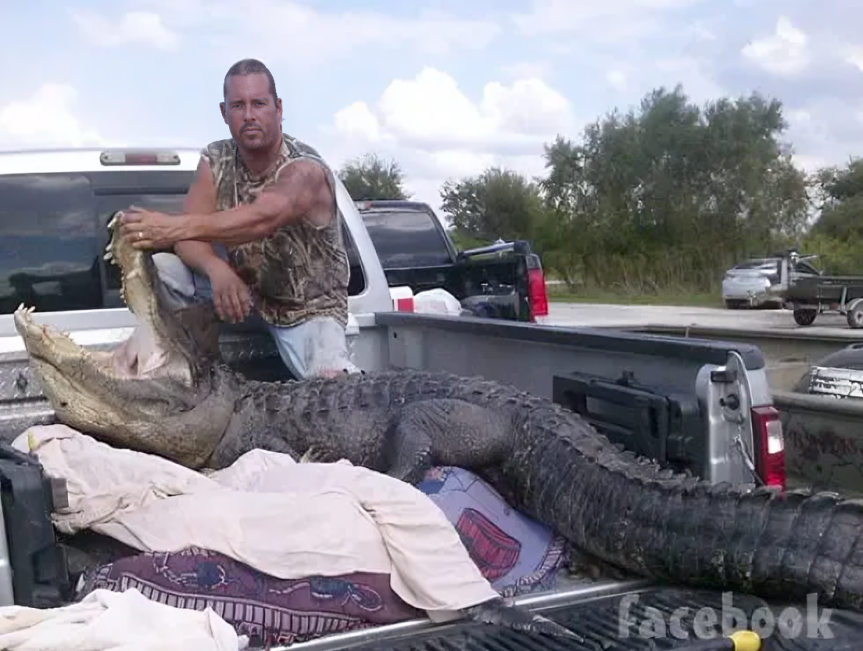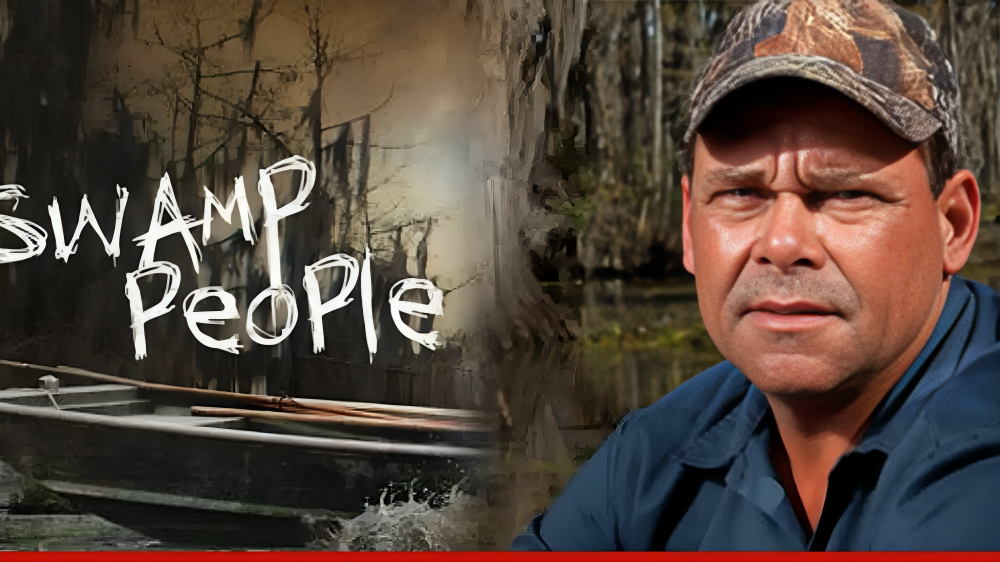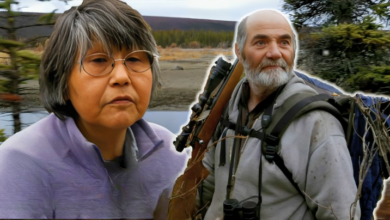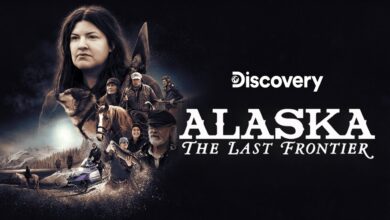The Dark Secrets Behind the ‘Swamp People’ Cast Revealed
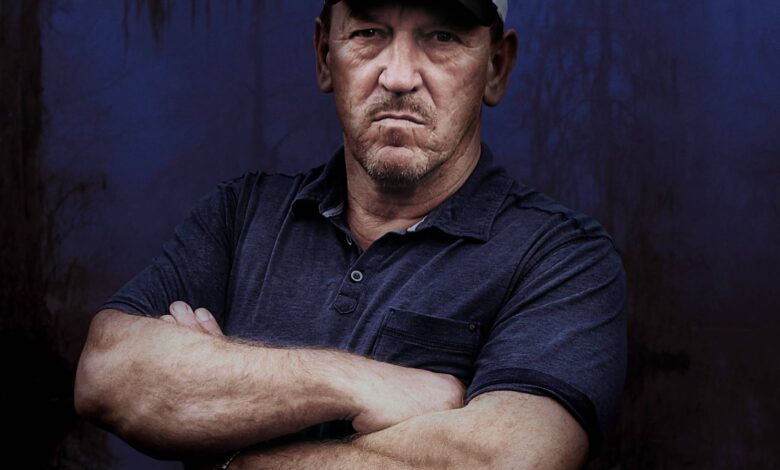
“Swamp People” stands out among reality TV shows with its focus on the perilous profession of alligator hunting in Louisiana’s backwoods swamps and bayous. Despite the ancient tradition of alligator hunting, which lasts only a month each year, the competition among hunters during this brief period is fierce. Since its debut in 2010, the History Channel series has enjoyed 11 action-packed seasons, thanks to its unusual cast of characters. However, behind the scenes, there are dark secrets that fans may not be aware of.
Unexplained Cast Changes
After season six, “Swamp People” saw a major shake-up when twelve long-time cast members were abruptly replaced. The History Channel provided no clear explanation for this change, leaving both the public and the cast members in the dark. Some speculated that financial disputes were at the heart of the mass exodus, with cast members requesting more money for contract extensions. Liz Cavaliere, one of the outspoken former cast members, revealed that the network attempted to silence her and others from discussing their firings, despite no non-disclosure agreements being in place.
Legal Troubles Among Cast Members
Several cast members have faced significant legal issues over the years. Roger Rivers Jr. was arrested in 2017 and charged with 20 different crimes, including marijuana possession and the illegal sale of various meats. Chase Landry, known for his positive reputation outside the show, was jailed in 2016 for shooting at another boater’s vessel, claiming it was an act of self-defense. Nick Payne, who appeared in season two, had a history of violent crimes, including assault and battery, and even struck a police officer during a domestic disturbance call.
Criticism from Animal Rights Groups
“Swamp People” has drawn condemnation from animal rights groups and notable figures like Dominic Monaghan, known for his roles in “Lost” and “The Lord of the Rings.” Monaghan, who hosts BBC America’s “Wild Things,” has publicly criticized the show for glorifying animal hunting and perpetuating negative perceptions of crocodilians. He has argued that if Steve Irwin were alive, he would have ensured the show’s cancellation.
Exaggerated Cultural Portrayals
The show’s producers have been accused of encouraging cast members to exaggerate their cultural practices for entertainment purposes. RJ and Jay Paul, for instance, were urged to play up their Native American heritage and spiritual practices to create more dynamic characters. This tactic has led to concerns about the authenticity of the portrayals and the show’s departure from reality.
Violence and Legal Actions
One of the most notorious cast members, Joe Lafont, known as Trapper Joe, has a troubling history of domestic violence. He was arrested multiple times for battery, including incidents where he physically assaulted his girlfriend. Despite his criminal record, Lafont appeared on the show until 2015. Meanwhile, Troy Landry has been proactive in protecting his catchphrases and trademarks, suing companies for unauthorized use of his phrases like “chewdom,” “mutta
Africa,” and “tree breaker.”
The dark secrets and controversies surrounding the cast of “Swamp People” raise important questions about the ethics and responsibilities of reality TV productions. While the show continues to entertain audiences with its unique focus on alligator hunting, the behind-the-scenes issues remind us that reality TV often involves far more complexity and drama than what is portrayed on screen.
Legal and Ethical Questions
The revelation of these dark secrets brings to light significant ethical questions regarding the vetting of cast members and the responsibilities of production companies. Should individuals with violent histories or ongoing legal issues be given a platform on popular television shows? Moreover, the allegations of financial disputes and efforts to silence former cast members highlight potential exploitative practices within the reality TV industry.
As “Swamp People” continues its run on the History Channel, viewers are left to ponder the true cost of entertainment. The show’s thrilling portrayal of alligator hunting masks a backdrop of legal troubles, ethical concerns, and behind-the-scenes drama. As fans tune in to watch the gator hunters of Louisiana, it is worth remembering that the reality of reality TV is often far from straightforward, revealing a murky swamp of its own.
